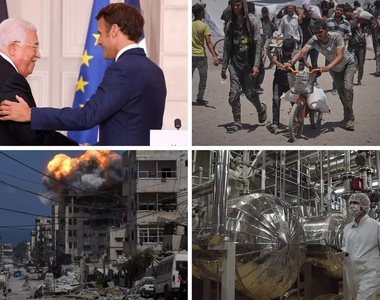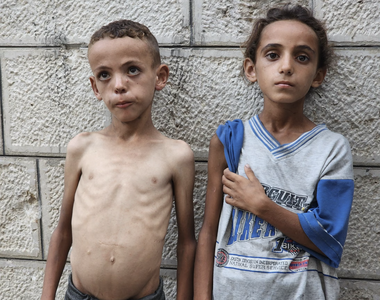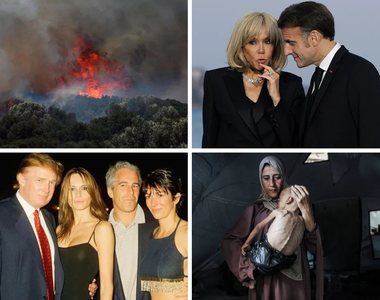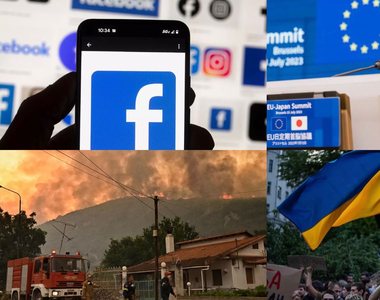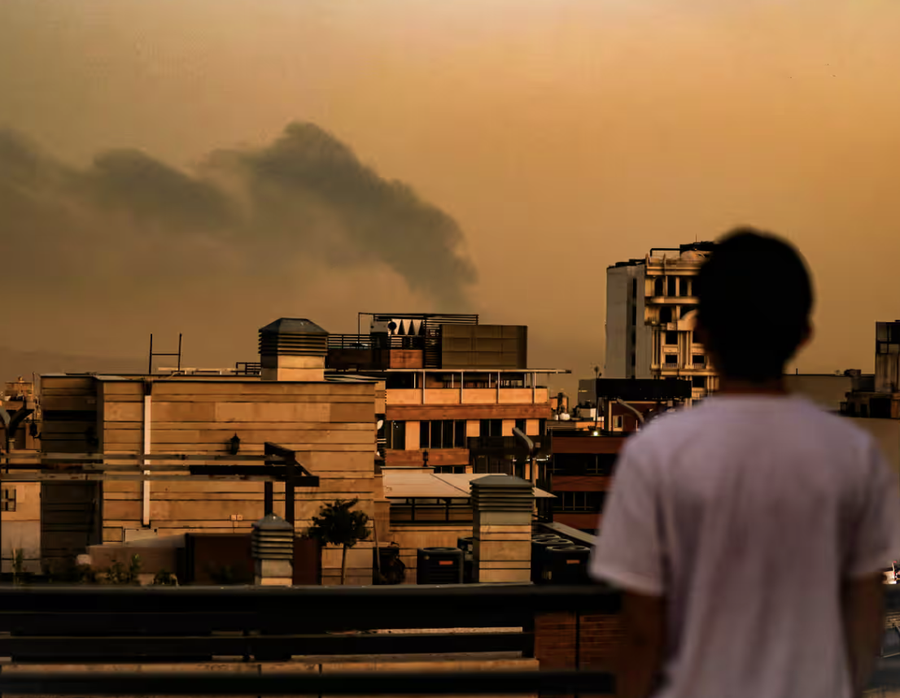
Israel's surprise attack on targets across Iran on Friday, June 13, was followed by three more days of escalating attacks, as both sides threatened further destruction in the biggest confrontation since the start of hostilities between them.
Here is a summary of the conflict so far:
- Israel struck more than 100 targets in Iran on Friday, including nuclear and missile facilities, and killed top military commanders and scientists. Satellite images showed significant damage to areas of the Natanz nuclear complex, Iran's most important nuclear enrichment facility, but the fuel enrichment plant appeared to be intact. A nuclear research center in Isfahan was also hit.
- Among those killed were senior military officials – such as the Chief of Iran's General Staff, Maj Gen Mohammad Bagheri, the commander of the Islamic Revolutionary Guard Corps (IRGC), Gen Hossein Salami, as well as at least six Iranian nuclear scientists.
- Israeli strikes continued over the weekend and into Monday, with the Israel Defense Forces (IDF) claiming to have taken control of Tehran's skies. The Israeli military said it had hit "more than 80" targets in Tehran since Saturday, including the Defense Ministry headquarters and missile launchers used to attack Israel and defend Iran. Iran's Oil Ministry said Israel had also struck two fuel depots near Tehran. Iran accused Israel of targeting residential areas, while the Health Ministry said Israeli airstrikes had killed 224 people since Friday.
- Iran has fired several missiles at Israel since Friday. Israeli authorities said at least 14 people were killed since Friday and 390 others were wounded. Rescue workers said a strike late Saturday destroyed a three-story building in Tamra, killing four women, while six people were killed and at least 180 wounded in a rocket attack in Bat Yam, near Tel Aviv. Those numbers were expected to rise on Monday, after Iranian missiles hit Tel Aviv and Haifa.
- Iran warned the US, UK and France that their military bases and ships would be targeted if they intervened to block Iran's missile and drone attacks in response to Israel's attack. US officials told media that US air defence systems and a Navy destroyer helped Israel shoot down several ballistic missiles coming from Iran on Friday. The UK is sending aircraft and other military assets to the Middle East, and British Prime Minister Keir Starmer refused to rule out the possibility of defending Israel.
- Justifying the attack, Israeli Prime Minister Benjamin Netanyahu said he acted to thwart Iran's covert nuclear program, claiming Tehran now has the capacity to produce nine nuclear bombs. The International Atomic Energy Agency (IAEA) board ruled on Thursday that Iran has violated its obligations under the nuclear non-proliferation treaty by failing to fully cooperate with IAEA inspections and by stockpiling about 400 kilograms of enriched uranium. Western intelligence assessments so far generally suggest that Iran has not made the decision to build a nuclear bomb.
- Iran's supreme leader, Ayatollah Ali Khamenei, warned of "severe punishment" and declared that residential areas had been targeted.
- The new round of US-Iran nuclear talks, scheduled for Sunday, was canceled and Tehran informed mediators Qatar and Oman that it was not ready to negotiate a ceasefire while under attack by Israel.
- US Secretary of State Marco Rubio stated early Friday that the US had not participated in Israel's attack, but later, President Donald Trump told reporters that the US had been aware of the attack being prepared.
- During the G7 summit held in Canada on Sunday, Trump stated that he was working behind the scenes to reach a deal, while Reuters reported that the president had blocked an Israeli plan in recent days to assassinate Iran's supreme leader.

